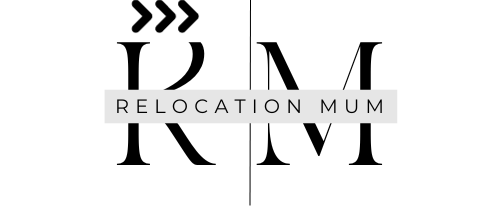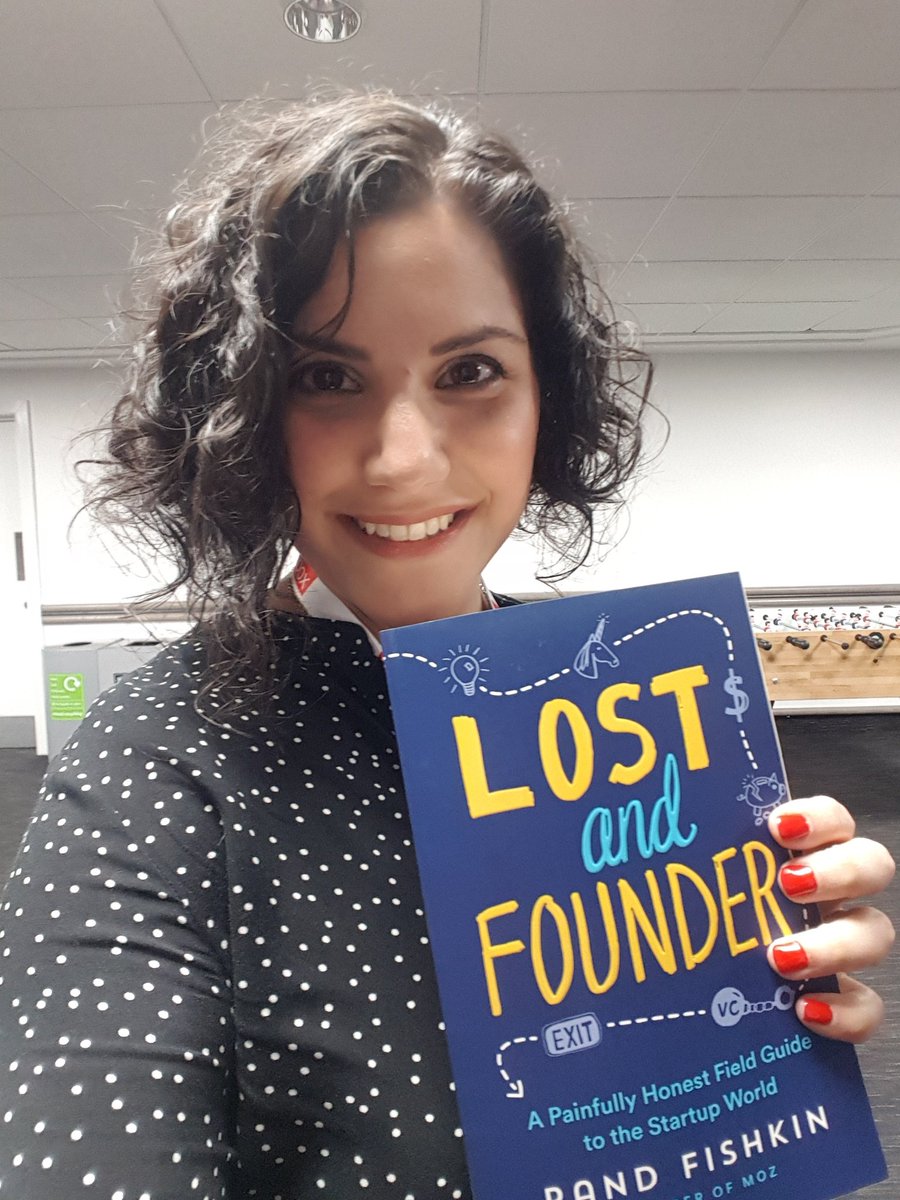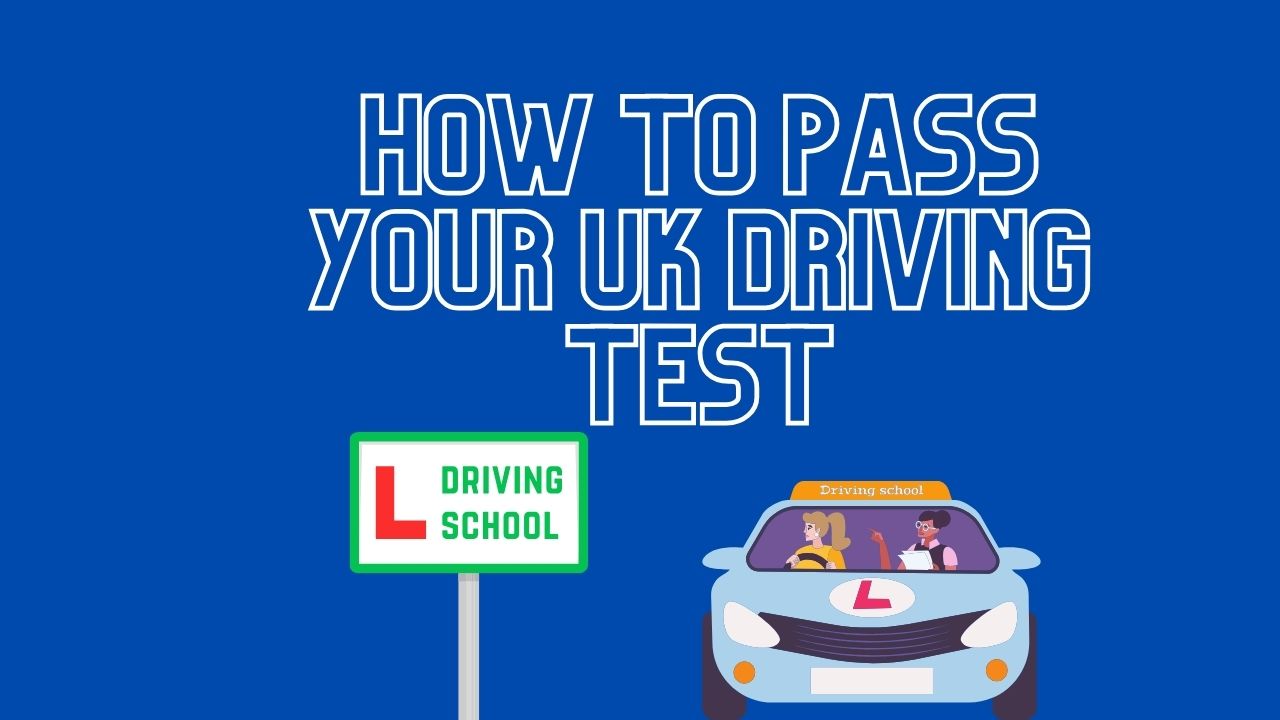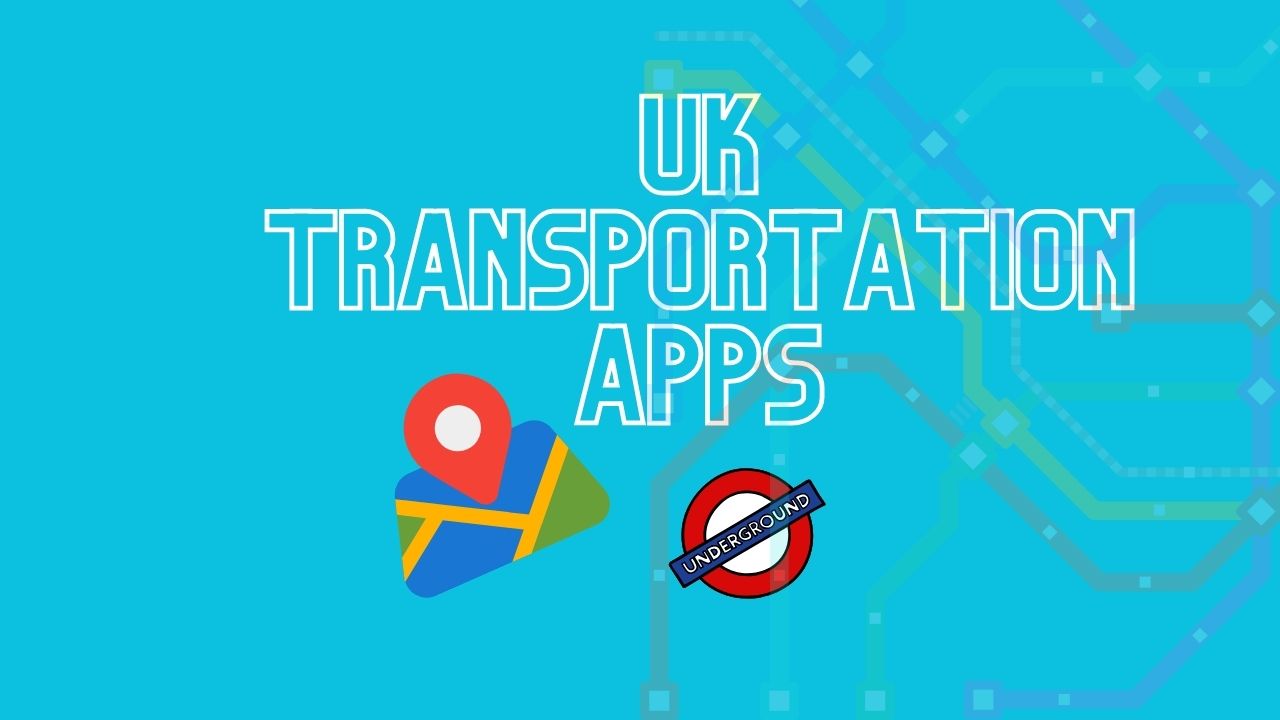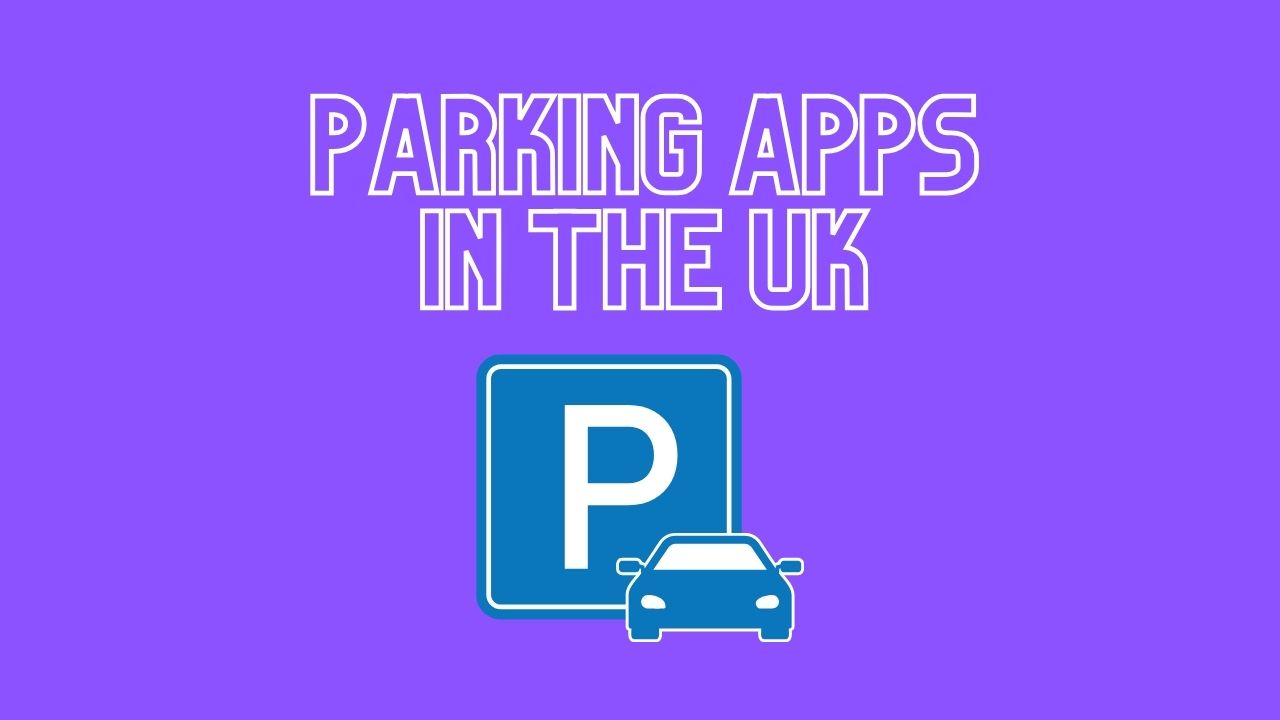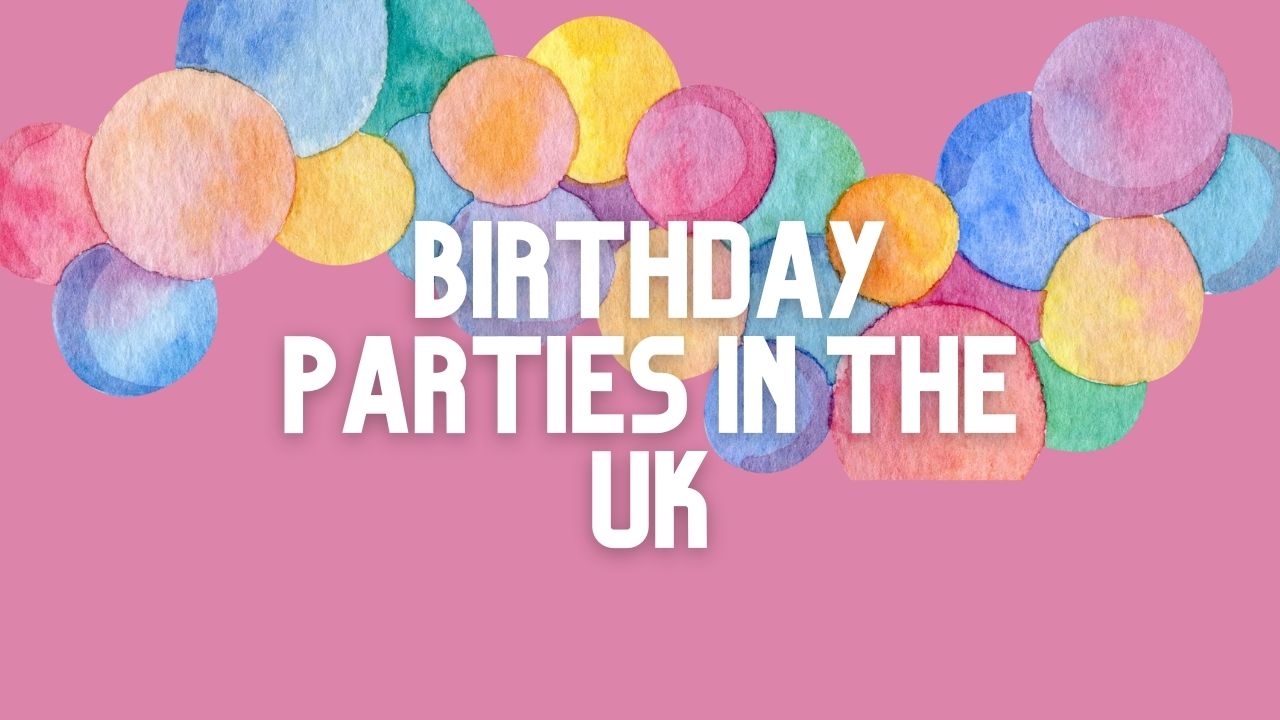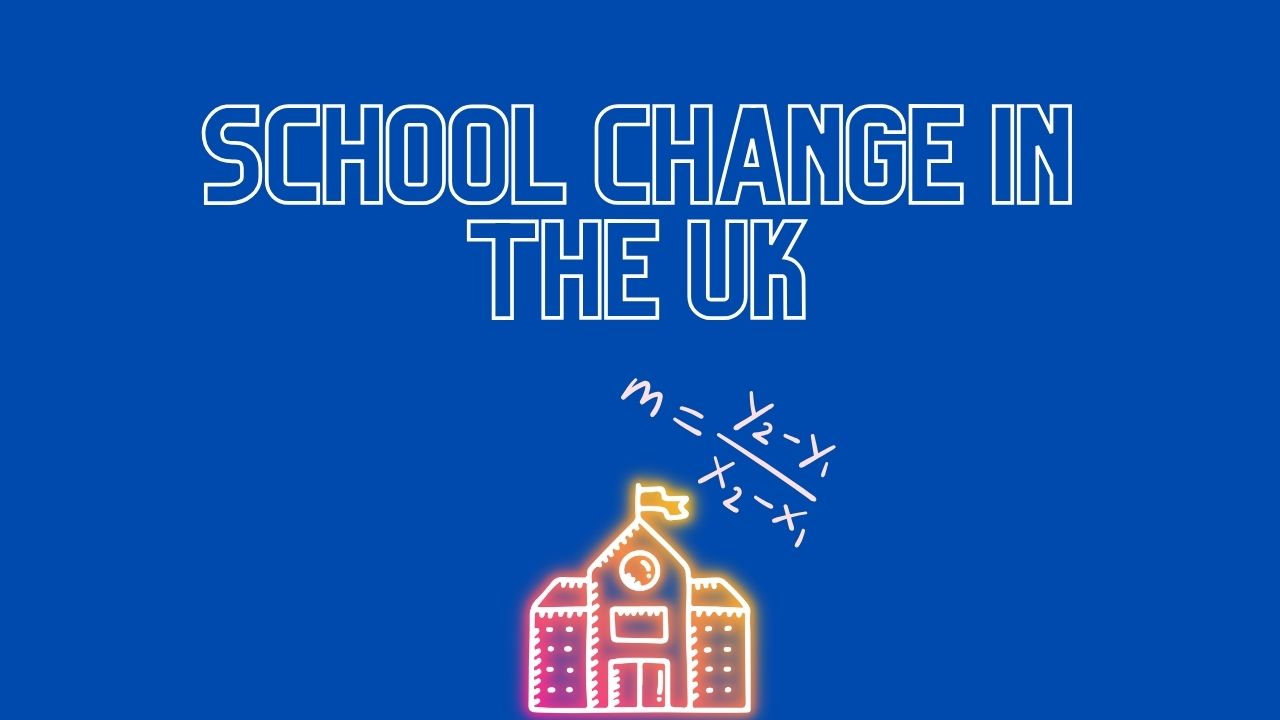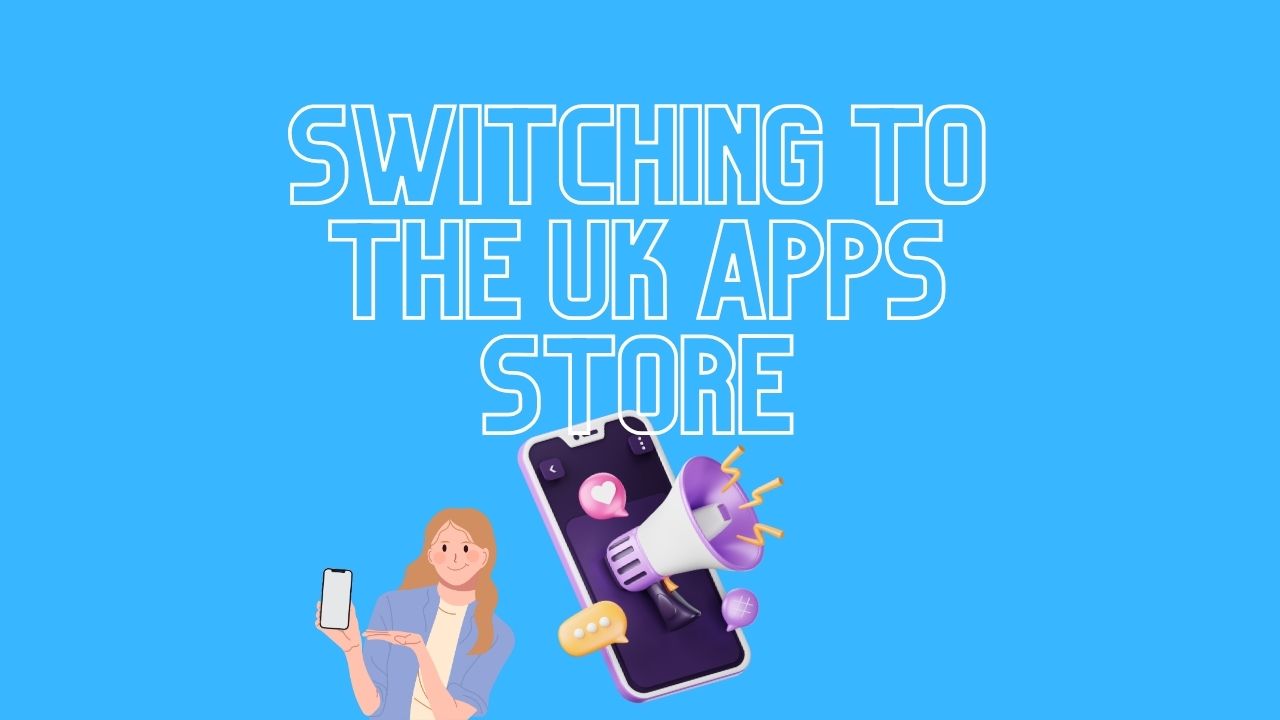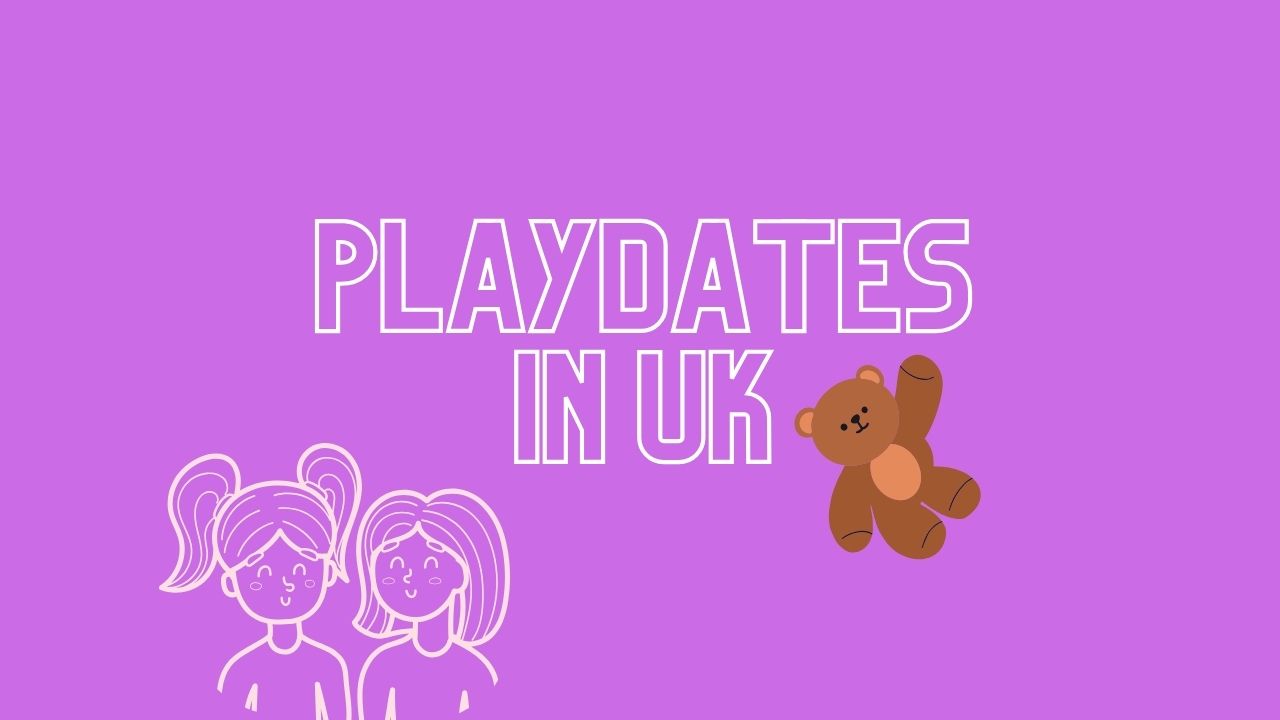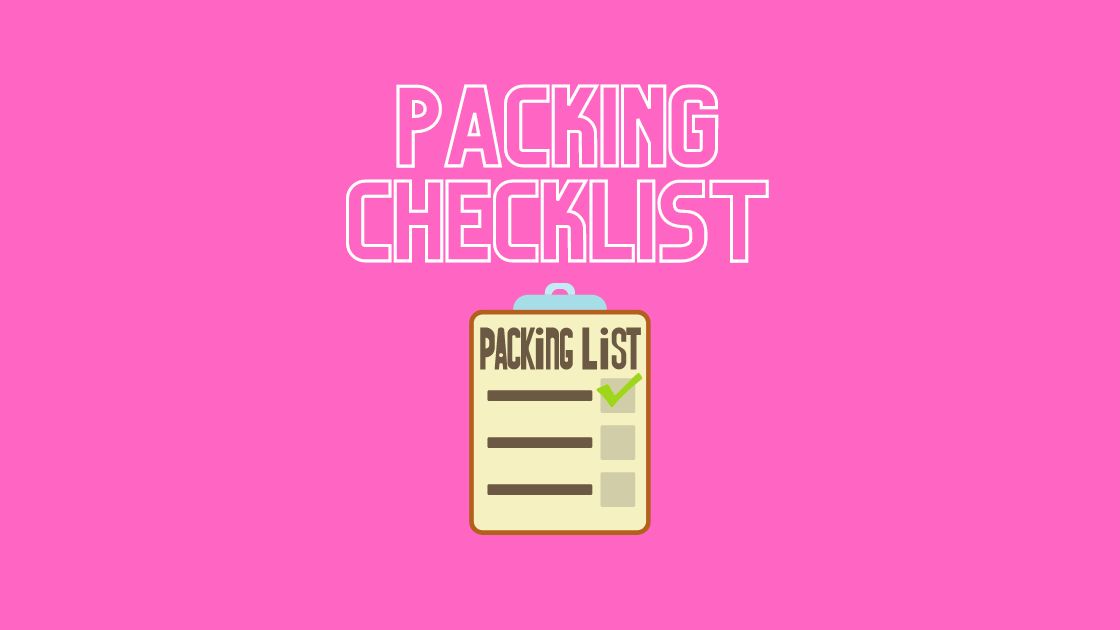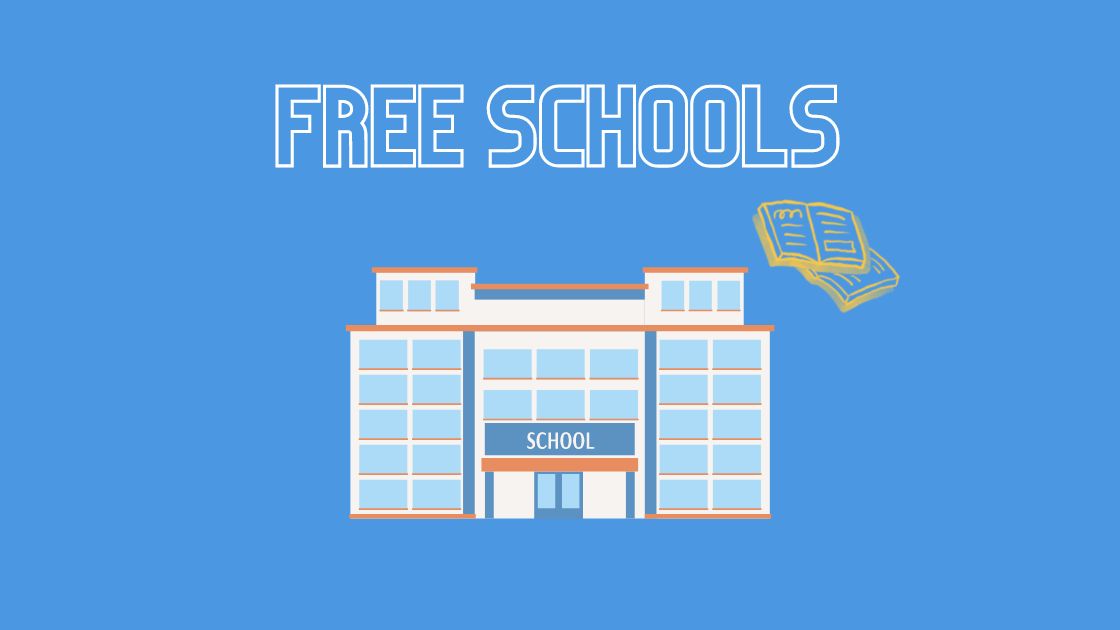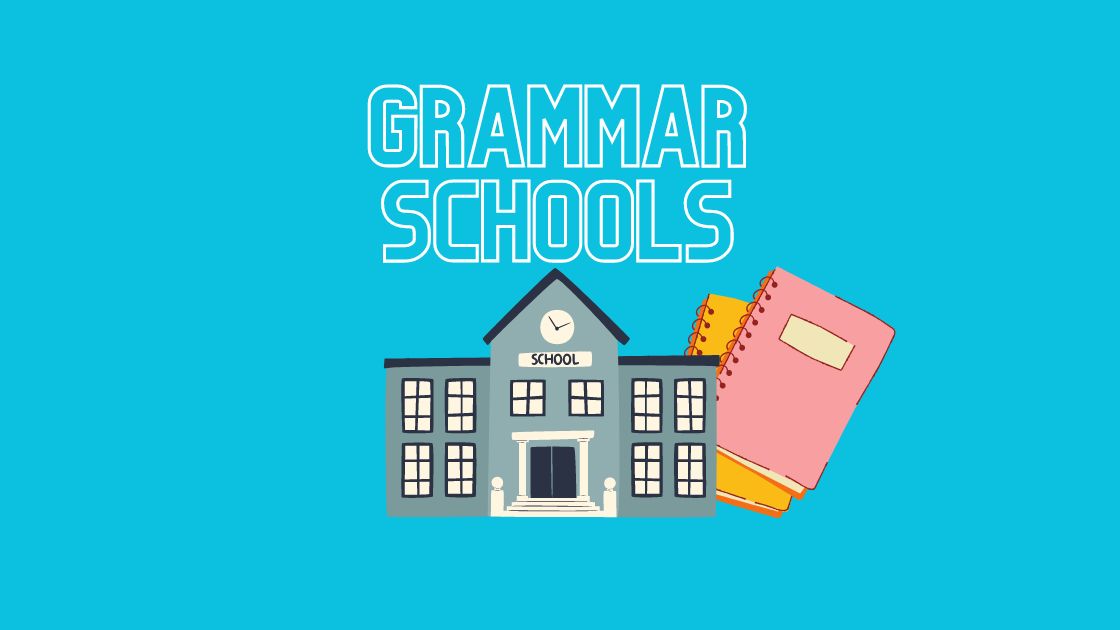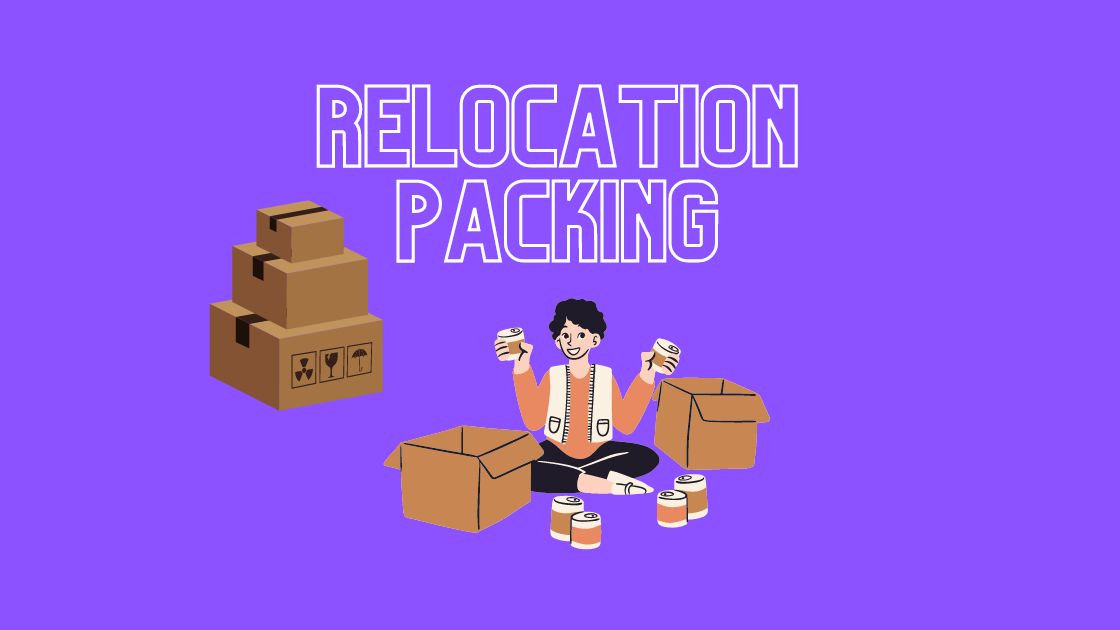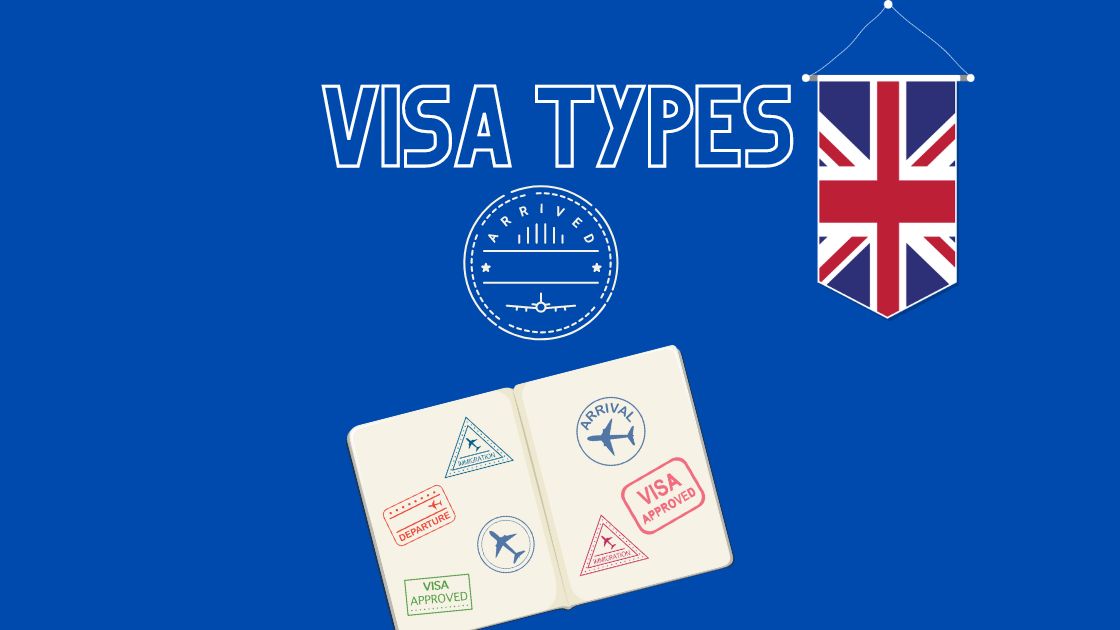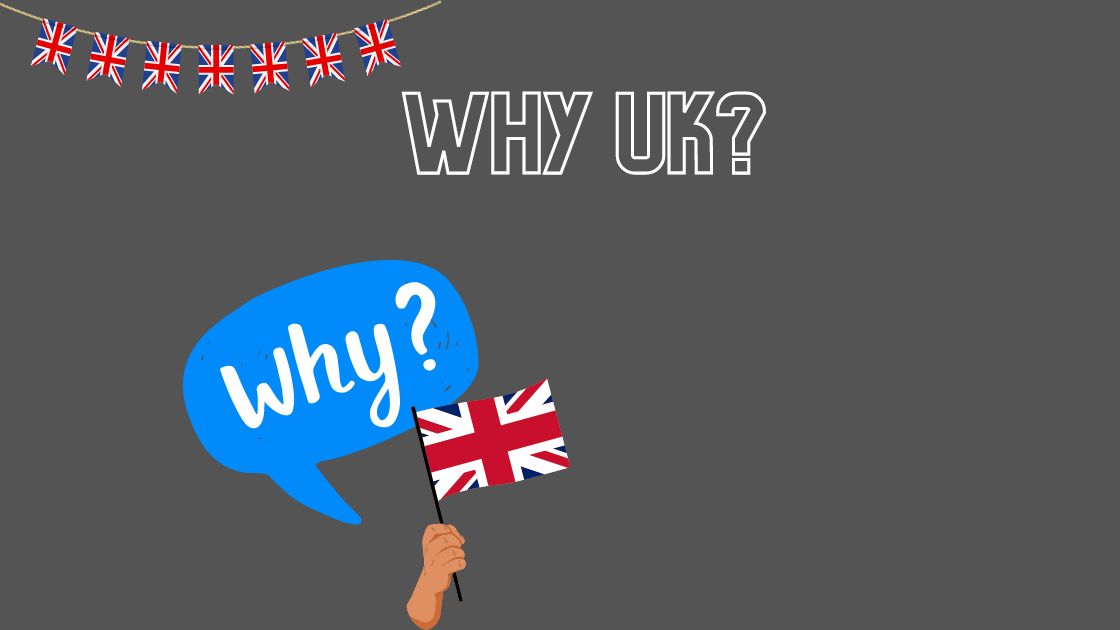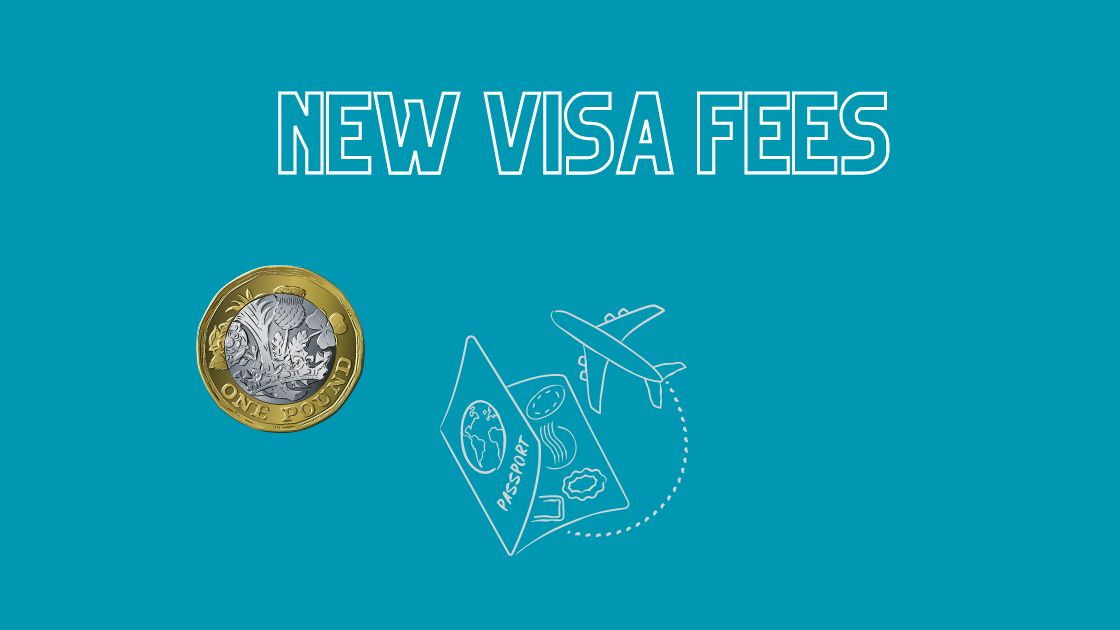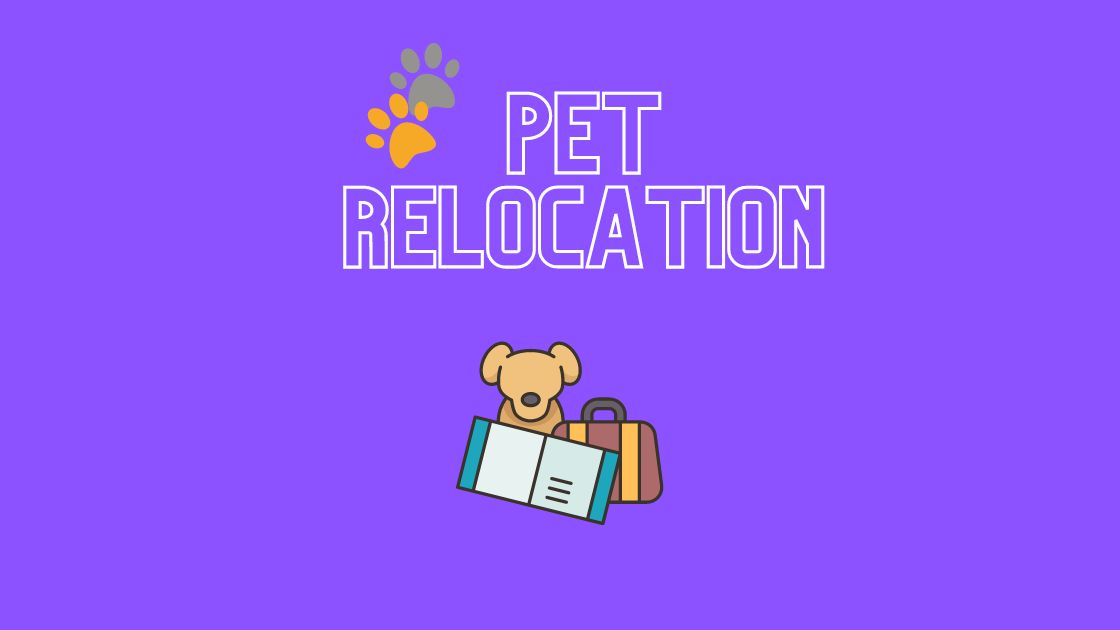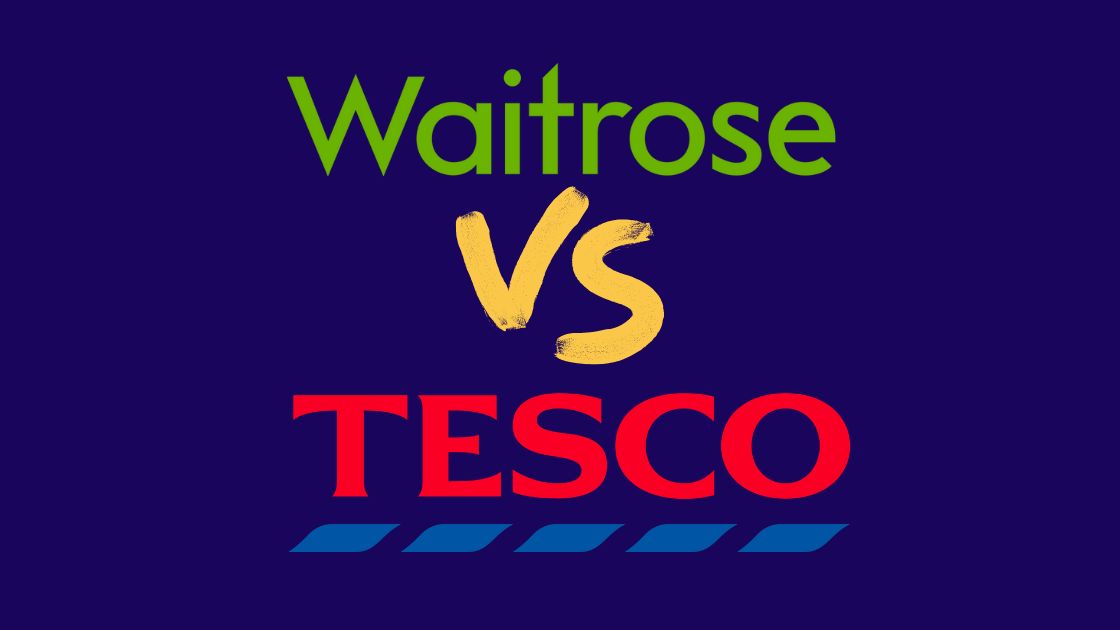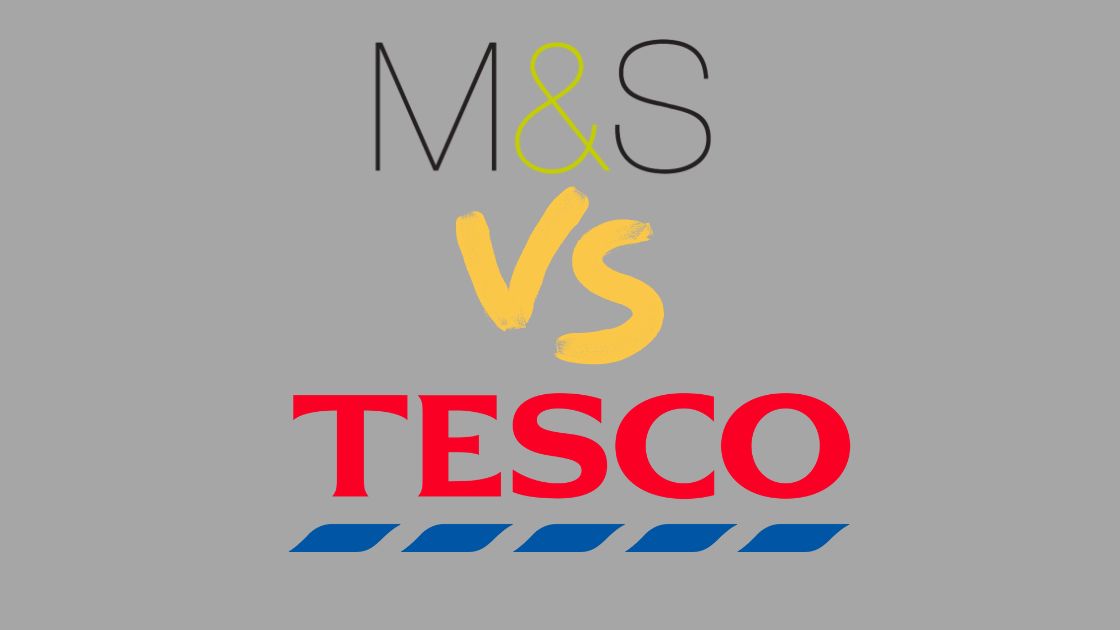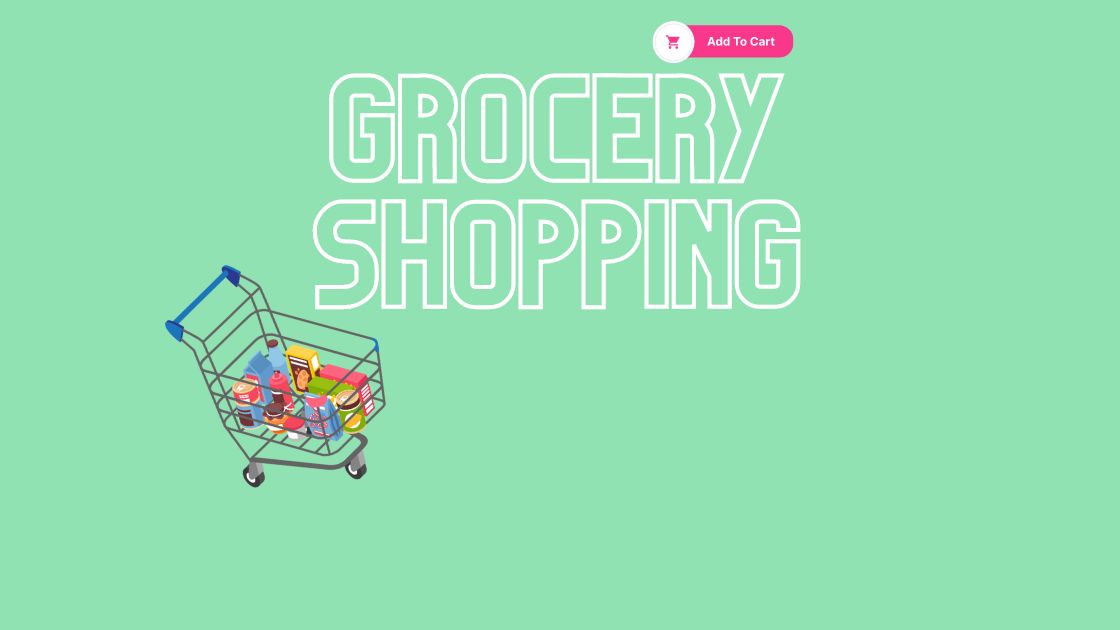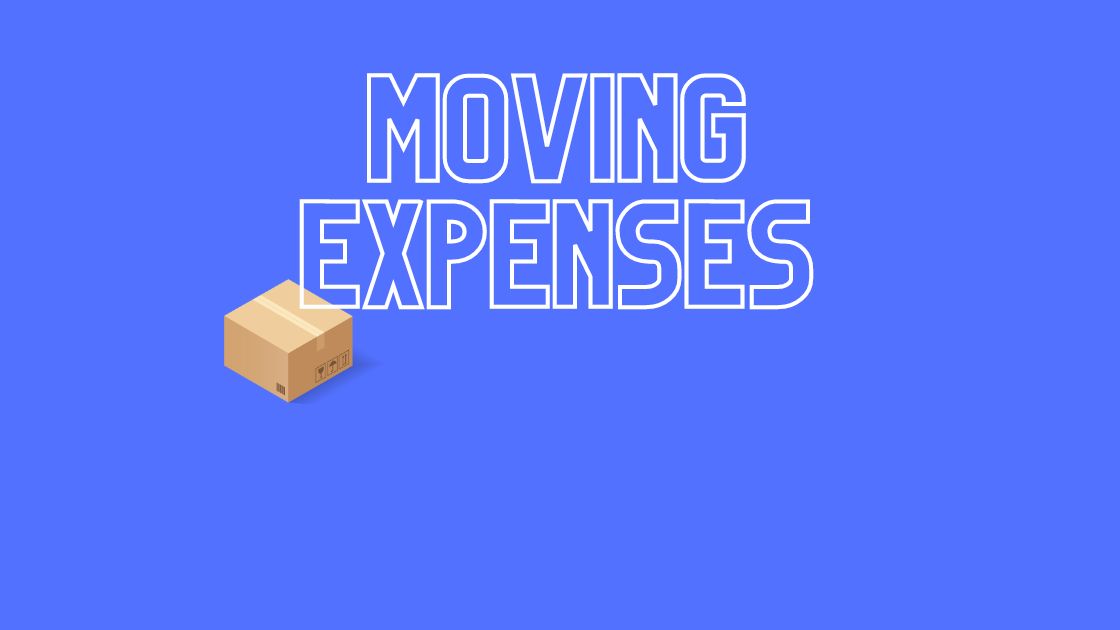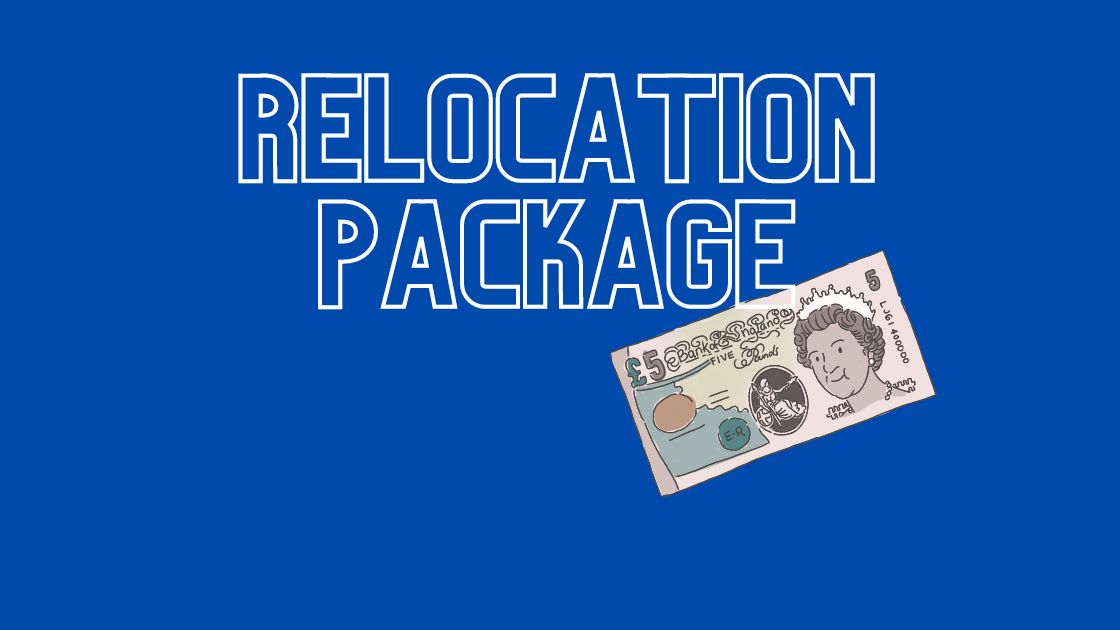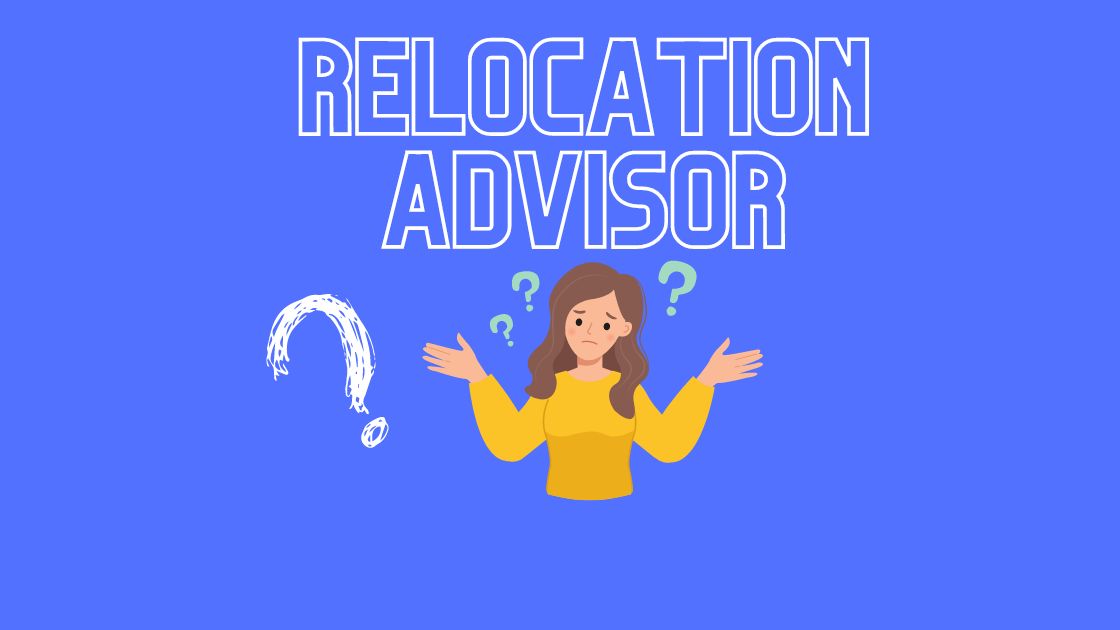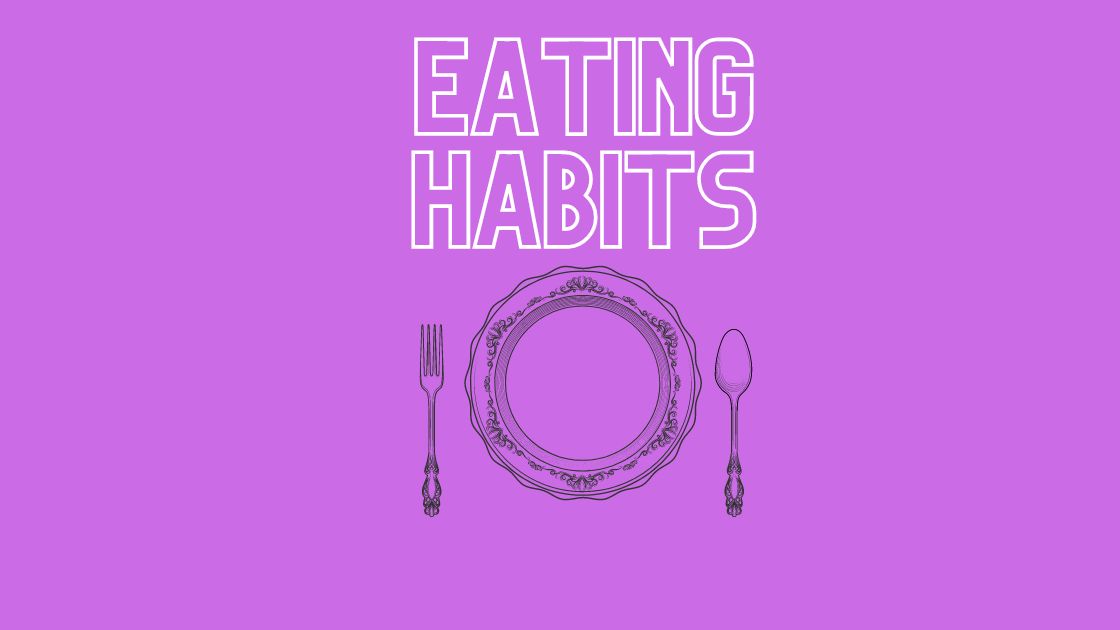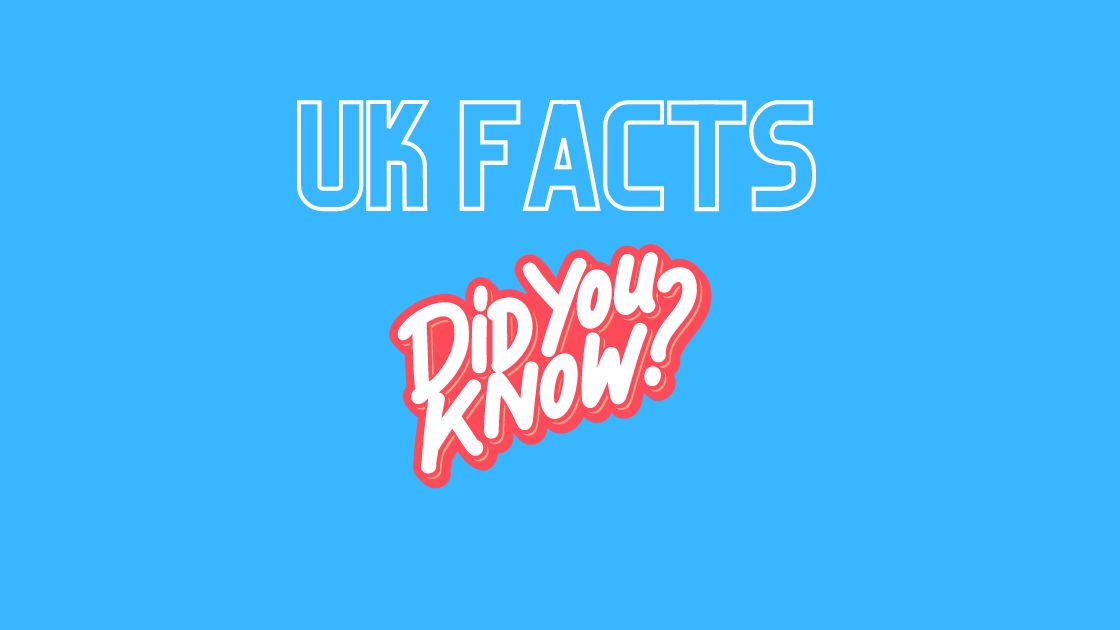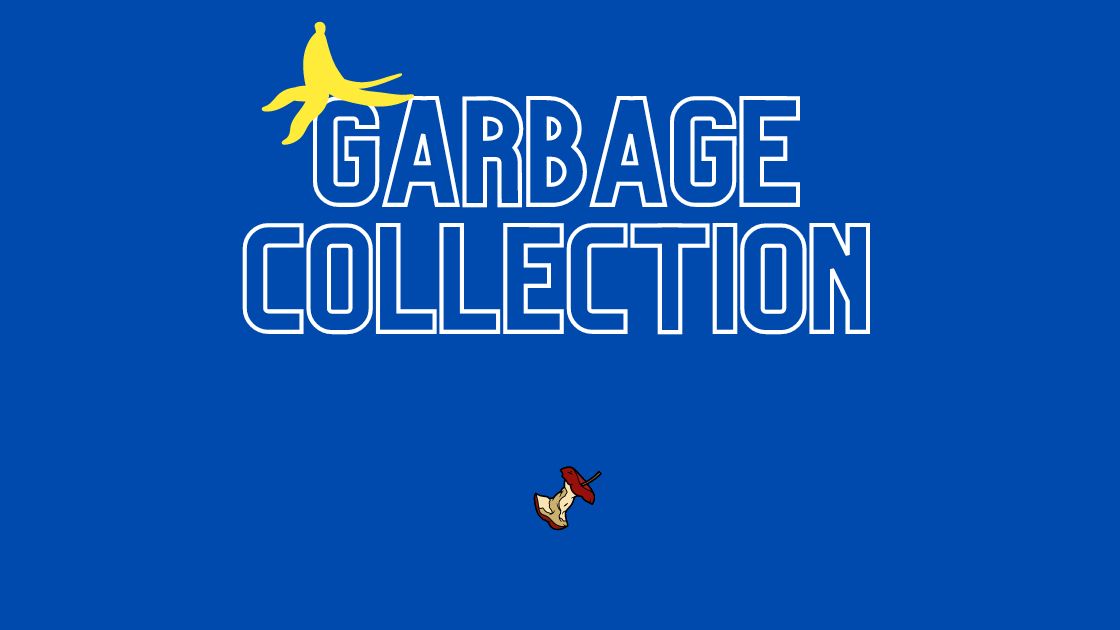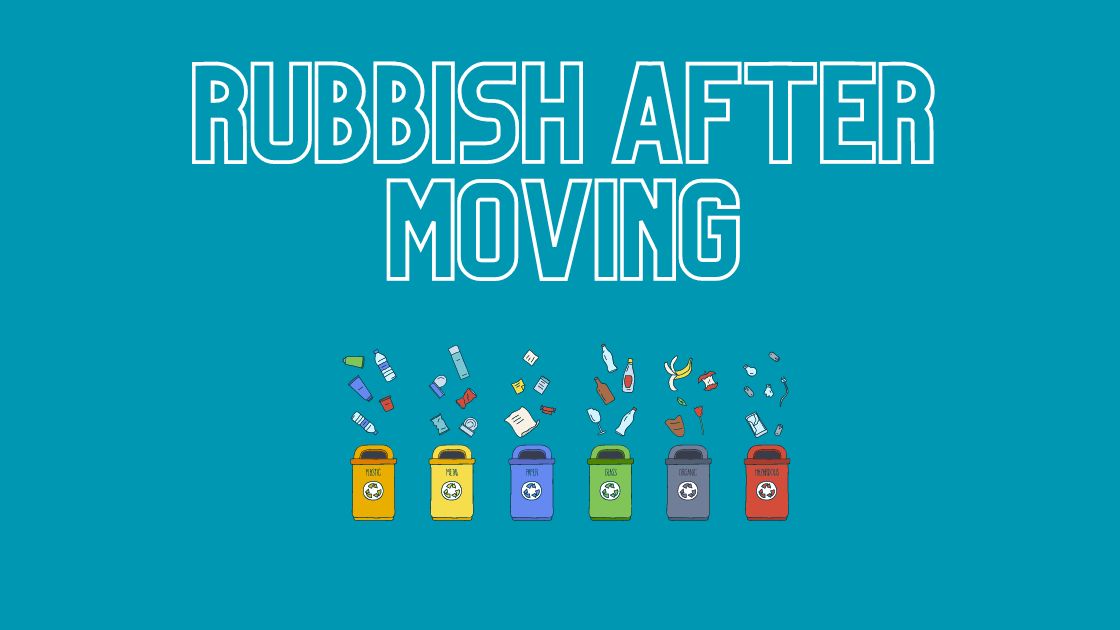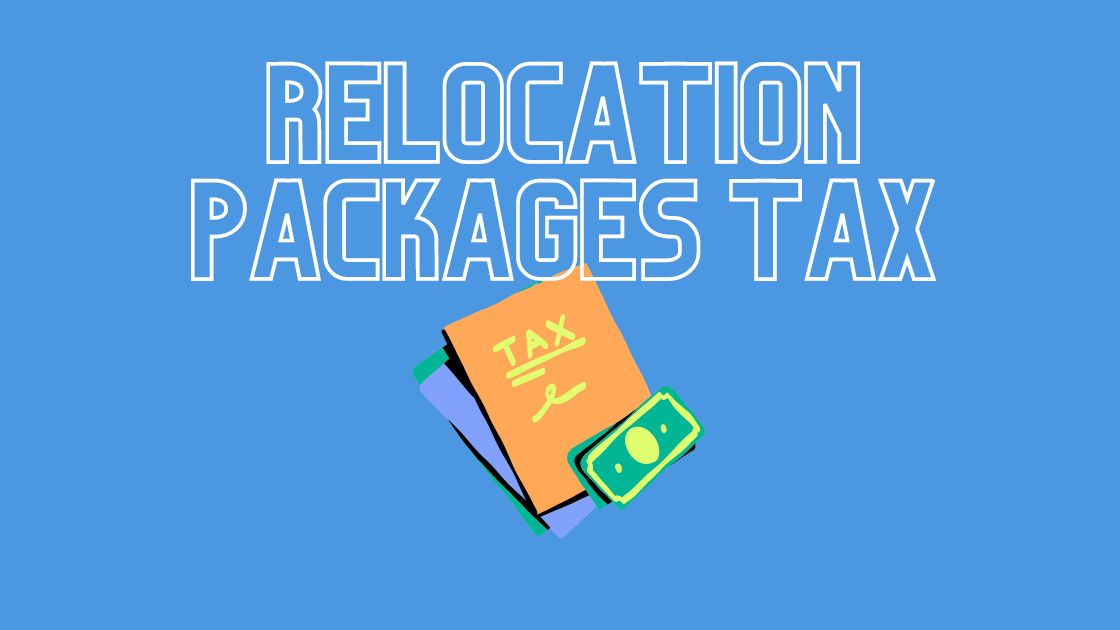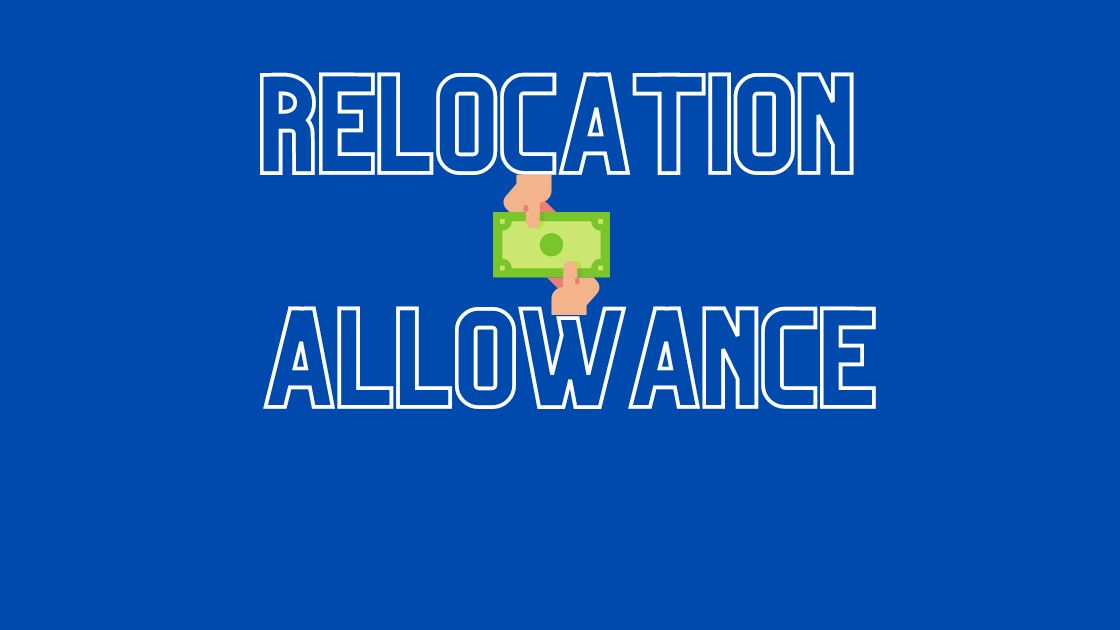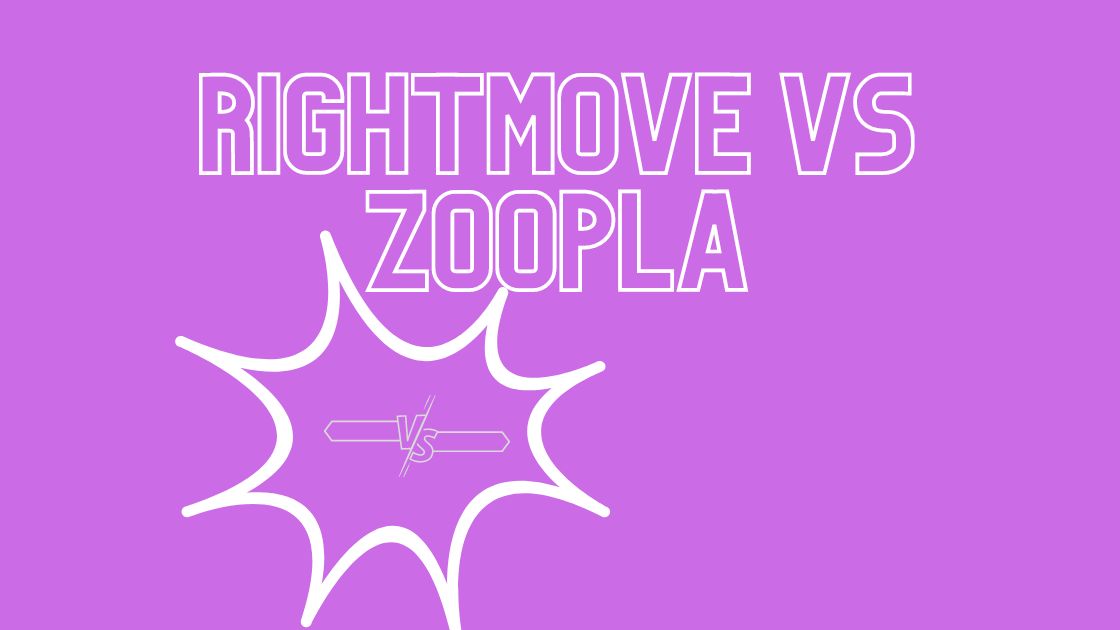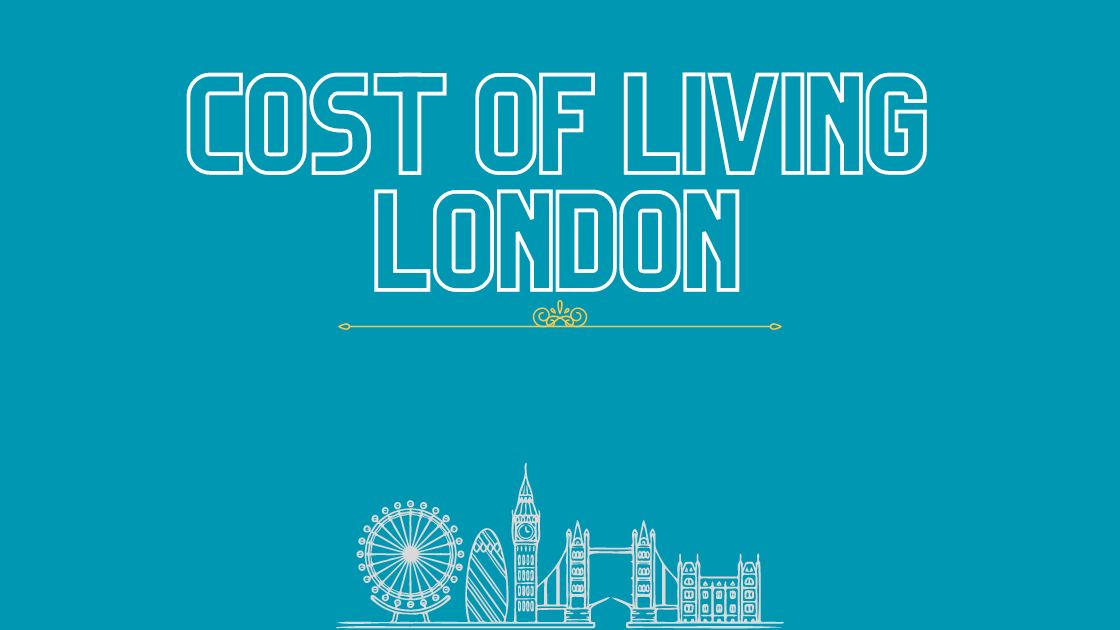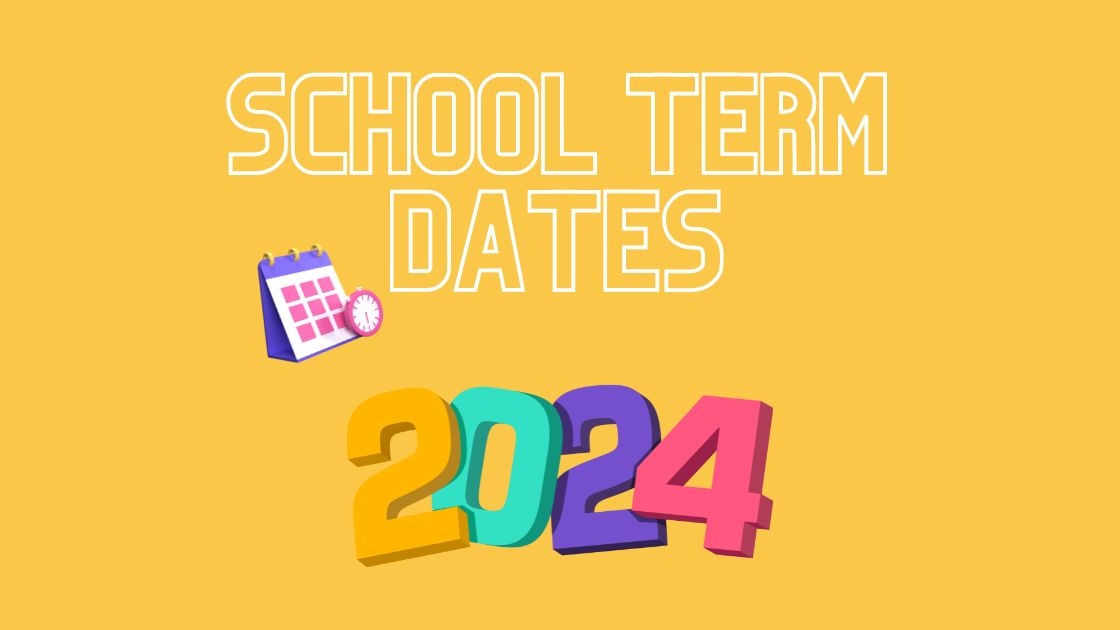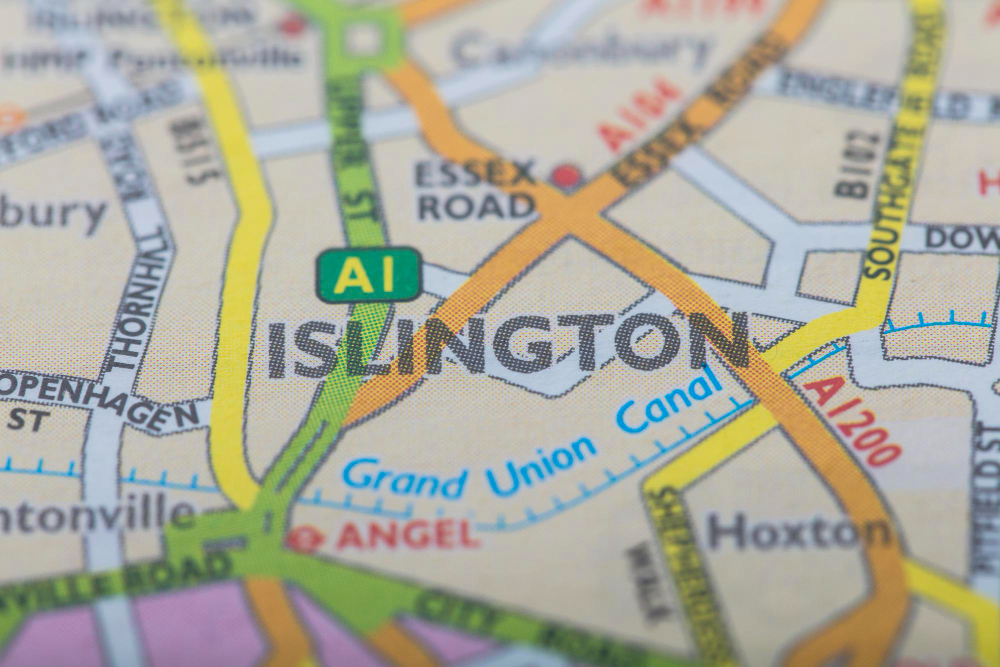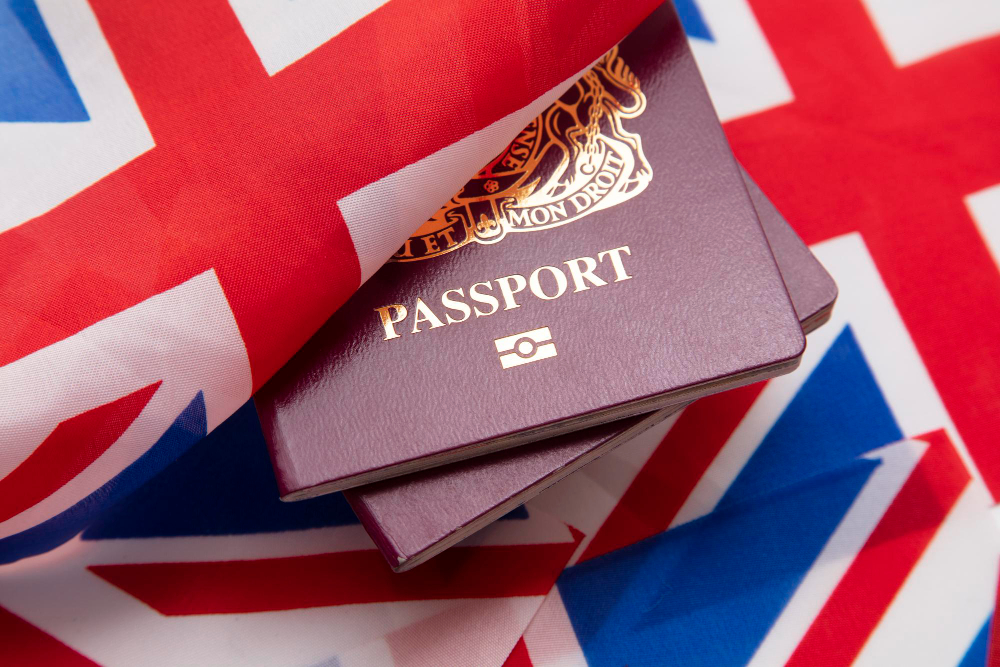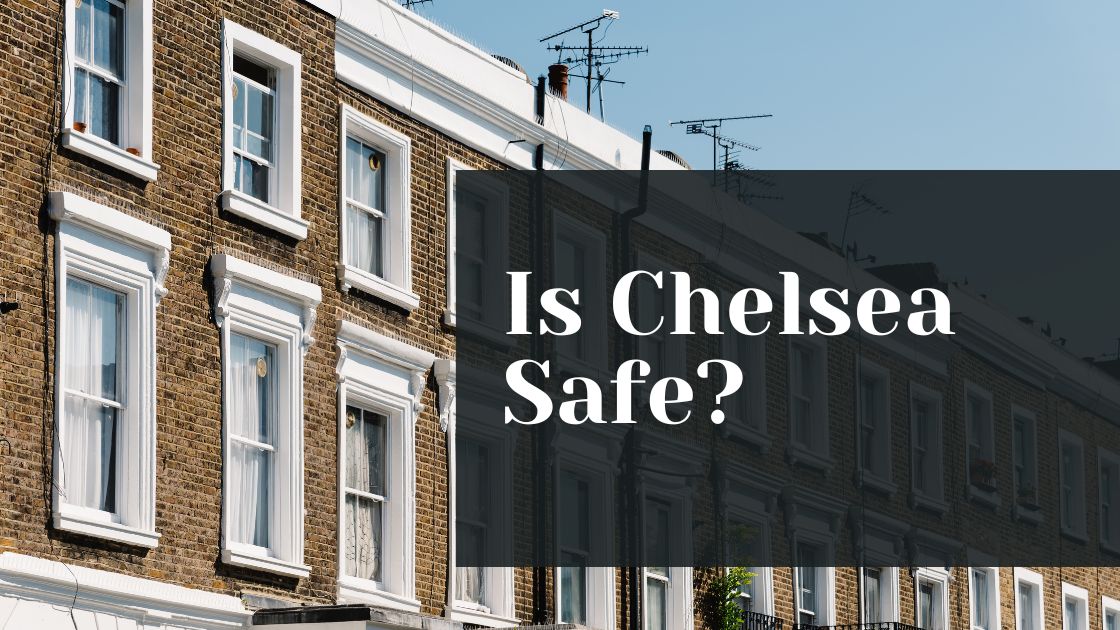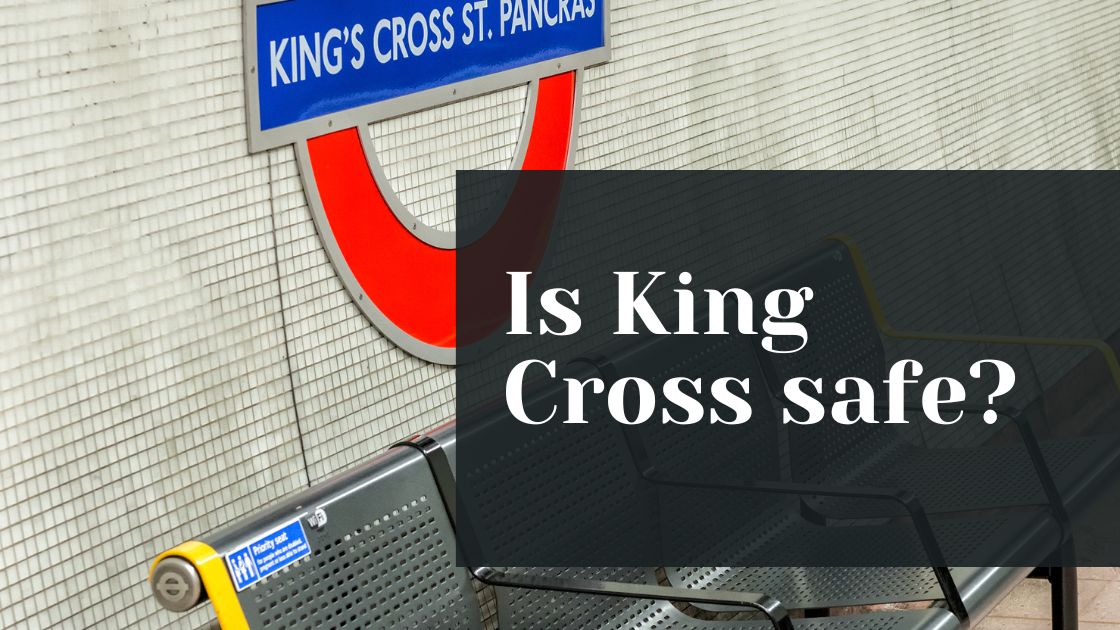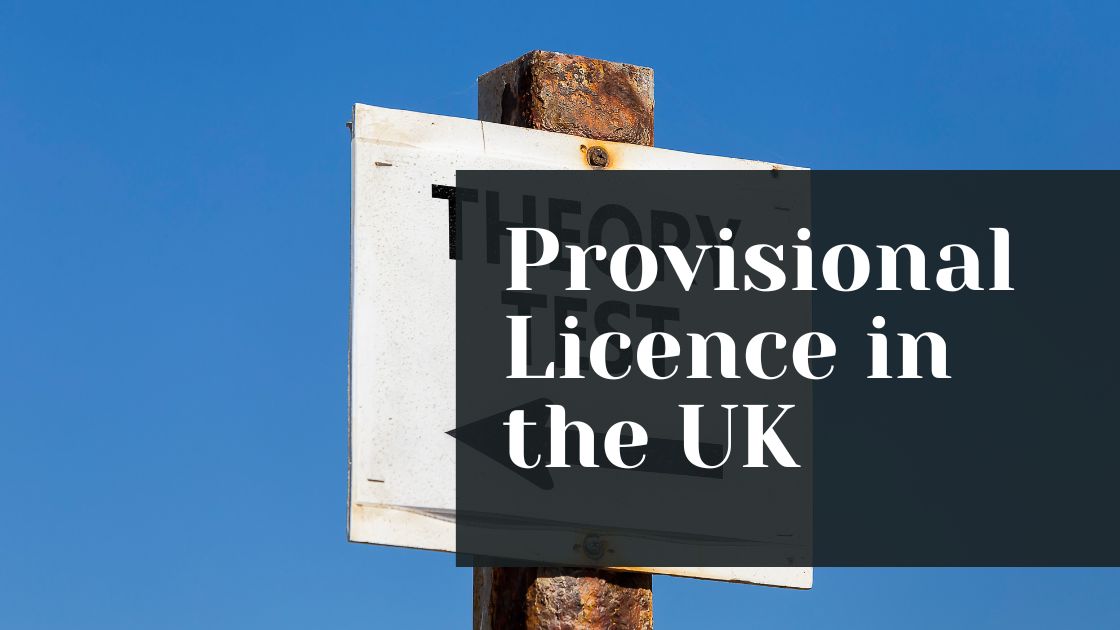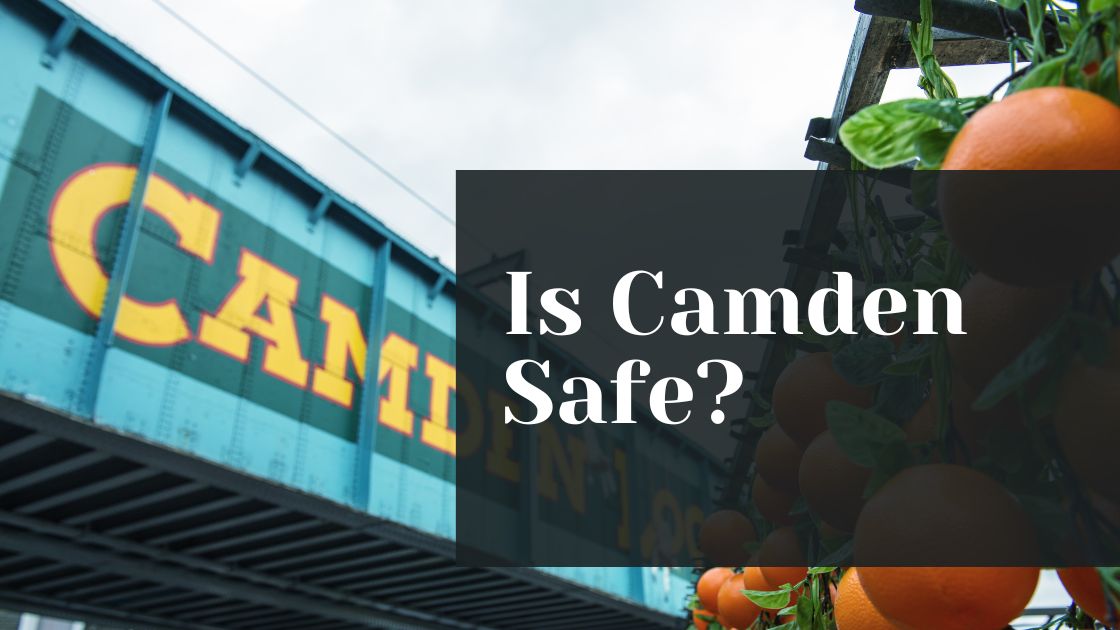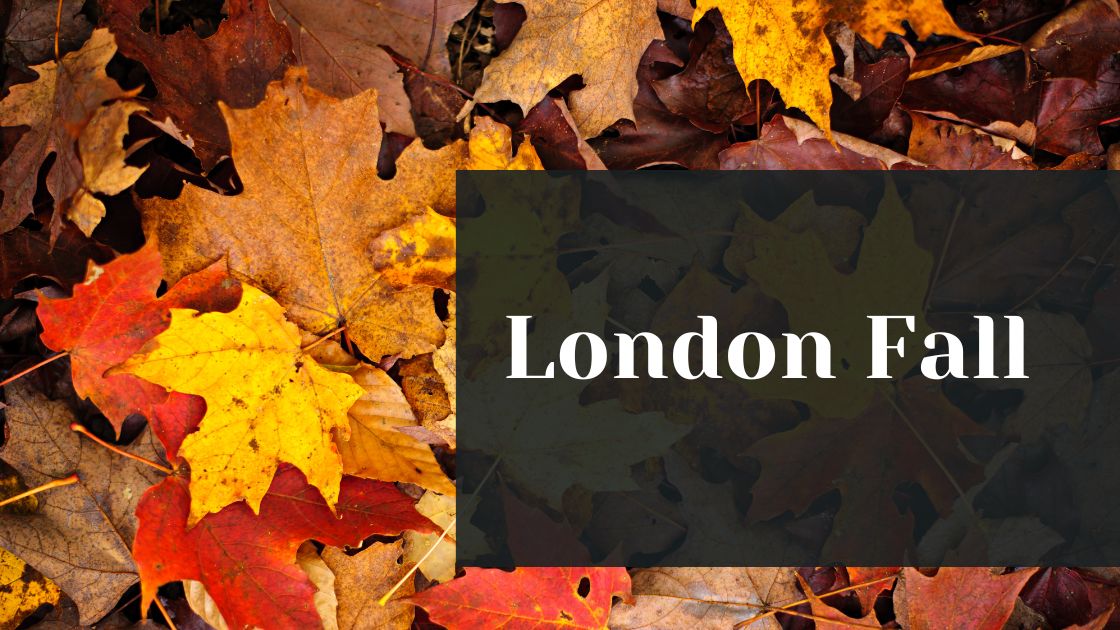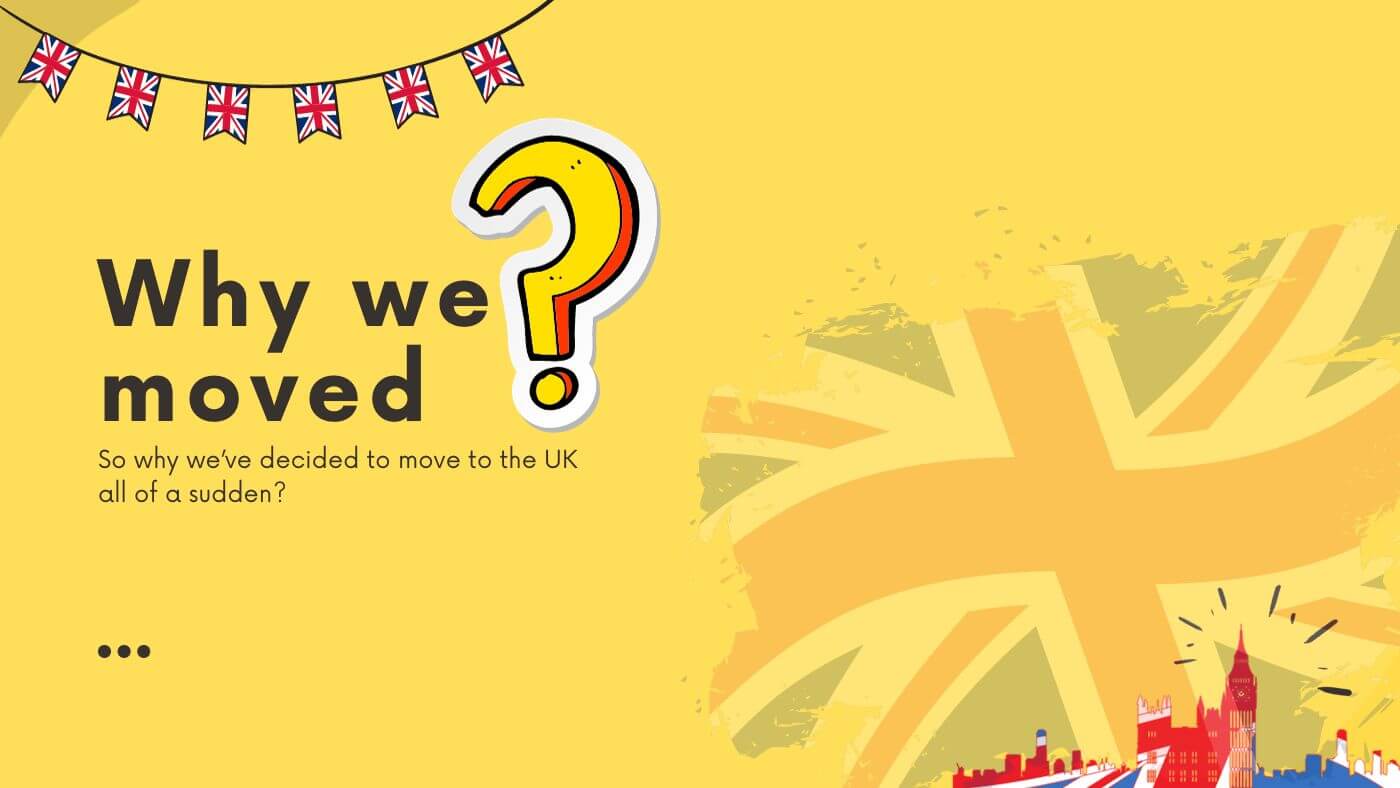As my family and I prepared for our move to the UK, a whirlwind of emotions enveloped us. There was the palpable excitement of starting anew in a place steeped in history and culture, coupled with those little gnawing apprehensions about fitting in.
Among the myriad aspects of British life we looked forward to embracing was the rich tapestry of UK slang—an essential part of the cultural jigsaw puzzle. It’s a dynamic vernacular, constantly evolving with the times, and often varies greatly from region to region. Slang can also be generational, with younger Brits adopting new phrases that might baffle even the most seasoned local.
By keeping an ear to the ground and not being afraid to ask for clarifications, you and your family can quickly get up to speed with the colloquial British English that will help you feel right at home. In this post, I aim to demystify the latest UK / British slang for fellow expats, particularly young families like ours, to help smooth our transition into this vibrant society.
The Evolution of UK Slang
Ah, UK slang – it’s a vibrant, ever-evolving beast, isn’t it? As a mother, I’ve seen firsthand how the lingo of the British Isles morphs with each passing generation, and I must admit, it’s both fascinating and a bit bewildering. It’s like each era’s youth takes it upon themselves to coin a new vocabulary, almost as if they’re staking their claim on the English language, giving it a good shake-up.
Back in the day, ‘blimey’ and ‘gobsmacked’ were the go-to expressions of surprise, but now, ‘peak’ and ‘lit’ have taken the stage, with meanings that have me sometimes reaching for a slang dictionary just to keep up. The internet, social media, and the influence of music have injected a whole new layer of terms into the mix, often rooted in multicultural London English. It’s a linguistic melting pot, reflecting the diverse cultures that call the UK home.
As a parent, I’m tasked with keeping up, not just to understand what’s being said at the dinner table but also to ensure that the language remains respectful and appropriate. Navigating the fine line between staying connected with the youth culture and maintaining parental oversight is a minefield. But I must confess, there’s a certain thrill in decoding the latest slang – it’s like having a front-row seat to the evolution of the English language.
Parenting with the Patter: Slang in Family Life
Slang isn’t just for the cool kids; it infiltrates everyday conversation and plays a role in family dynamics. Understanding the lingo is crucial for parents to communicate effectively with their children, especially in school settings. Navigating the linguistic jungle of slang as a mom is no small feat. You see, once upon a time, I could keep up with the ever-evolving youth vernacular.
One of my favourite TikTok channels is right here! She’s hilarious and so on point!
@how_to_british How to say #fart in #britishslang 💨🍑 #learnontiktok #verybritish #conversationpractice #learnenglish #britishtiktoker #uktiktok #speakenglish #britishhumour ♬ original sound – How To British
These days, though, it’s like decoding a whole new dialect every other month. But here’s the deal: Embracing the slang isn’t about being the ‘hip’ parent; it’s about staying connected. I take a beat when my kids toss out phrases that seem plucked from the latest viral meme. Instead of dismissing it as nonsensical jargon, I engage. Why? Because it matters to them. It’s their language, their culture.
And let’s be real – there’s a bit of a thrill in dropping a well-timed “sus” or “yeet” that earns me an eye-roll or, on rare occasions, a chuckle. It bridges gaps. It shows I’m listening and open to any type of communication, which is crucial for building trust. And in this whirlwind of parenting, a shared laugh in our private chatter is like a secret handshake, a nod that says, “I get you.”
Decoding the Schoolyard Chatter
To stay updated with the playground lingo, it helps to have regular chats with your kids and follow youth-centric social media accounts. I’m perpetually playing catch-up with the ever-evolving jargon. It’s a mishmash of internet slang and creative wordplay that can leave you scratching your head. Some of the latest gems I’ve had to learn are:
- “Sick” now means impressive, not under the weather.
- “Peak” has become this catch-all term that could either celebrate a win or empathise with a loss, depending on the context.
- “Lowkey” is the new undercover, emphasising something you’re quietly enthusiastic about.
- “Fam” is no longer just relatives; it’s your child’s inner circle.
- “Buzzing,” they’re not imitating bees—they’re just really excited.
- “Lit” is the go-to for any event that’s off the charts.
- “Cringe” is the grimace-worthy stuff that’s all levels of embarrassing.
- “Touch grass” is an expression telling someone to get off the internet and experience real life.
- “Rizz” is all about having charm and charisma.
- “Slay” is about accomplishing something with style.
- “Era” marks a significant phase or interest
- “IYKYK” (If You Know, You Know) is the nod to those in the know.
It’s a whole new world, and I’m just here trying to keep up without embarrassing my kids—or myself!
Bright slang books
If you fancy to learn from hardcovers books, here are some of the best ones: (it’s also super affordable)
Street Slang – A Pocket Guide To British Words & Phrases
This is the perfect book which contains all your essential British words and phrases.
Fancy A Cuppa? British Slang 101
The Hilarious Guide to British Slang (Includes Must-Know Swear Words & Funny Expressions
Understanding The British
Packed with warmth, humour, honesty, insight, and more than forty hilarious illustrations, Understanding the British is the definitive irreverent guide to a strange nation.
Slang in Social Settings
But slang isn’t just about being hip with the kids. Adults toss around slang all the time – at the school gates, in the queue at the supermarket, or even at the office shindig. You don’t want to be that person who’s perpetually puzzled in a convo, missing the punchline of a joke because someone dropped a word like “chuffed,” and you’re left clueless.
Sure, I’m not about to start peppering my chit-chat with “innit” or “peng,” but knowing what’s what saves me from nodding along like a bobblehead when another parent says their little one is “feeling peak” after a tiring footie match. It’s a delicate dance, really.
But honestly, getting a grip on this slang is also about understanding the cultural tapestry that these words are woven from. It keeps conversations flowing and, every now and then, earns you a nod of approval from the locals.
Pub Talk and Party Banter
Stepping into a UK pub, I found myself amidst a sea of unfamiliar slang terms. It was like deciphering a secret code, but as I listened and observed, I gradually began to grasp the lingo that fueled pub talk and party banter.
The language was energetic, lighthearted, and often laced with humour, reflecting the easygoing camaraderie that characterises UK social gatherings. Some of the phrases I’ve picked up so far are:
- “Bevvy” – A drink, especially alcoholic.
- “Cracking pint” – A very good or satisfying pint of beer.
- “Top notch grub” – Delicious food.
- “Bants” – Playful teasing or friendly banter.
- “Chuffed” -: Extremely pleased or delighted.
- “Mint” – Excellent or great.
Workplace Jargon
While navigating the corporate world in the UK, I was struck by the abundance of corporate jargon. I quickly realised that this lingo served a purpose: to streamline communication and foster a sense of camaraderie. I found that the top buzzwords are:
- “Circle back” – to revisit a topic later.
- “Deep dive” – an in-depth exploration of a subject.
- “Thought shower” – the new term for brainstorming.
- “Touch base” – briefly communicate with someone to check on progress or status.
- “Action that” – do something immediately or as soon as possible.
- “In the loop” – be informed about something or involved in a decision-making process.
The Linguistic Landscape of the UK High Street
Venturing into the bustling heart of a UK high street, I immersed myself in a vibrant linguistic tapestry. It was a delightful blend of colloquialisms and accents, each contributing to the unique charm of British retail culture.
As I observed and listened, I began to appreciate the nuances of this linguistic landscape, reflecting the rich diversity and everyday interactions that characterise the UK high street experience. Here are a few examples of UK high-street slang that are useful when shopping:
- “Fancy a bite to eat” – An informal expression of inviting someone to join you for a meal.
- “Queue for the till” – To stand in line to pay for your purchases at a checkout counter.
- “Have a browse” – To look at items in a store without the intention of buying anything immediately.
- “That’s dear” – Used when an item is very expensive.
- “It’s a steal” – To denote when you’ve found a bargain or a very affordable item.
Tech Talk: Social Media Slang
The lexicon of social media slang is ever-expanding, with new terms popping up almost daily. Navigating that world is a bit like trying to decode a secret language that my kids seem to speak with effortless fluency. It’s fascinating, really, how these platforms have sparked an entirely new lexicon, influencing modern-day language to morph and evolve at a pace that’s hard to keep up with.
Terms like “FOMO” (Fear Of Missing Out) resonate with me as I scroll through photos of sunny outings while we adjust to the famously grey British skies. And “ghosting” is no longer just a Halloween term; it’s what happens when a digital correspondent disappears without a trace – a modern-day vanishing act that I find rather rude, to be honest.
Then there are acronyms like “IRL” (In Real Life), which somehow manages to both acknowledge and bridge the gap between our online personas and our flesh-and-blood selves. I chuckle at “TL;DR” (Too Long; Didn’t Read) because, let’s face it, in the whirlwind of managing family life, sometimes a quick summary is all we have time for. And in moments of online camaraderie or shared parental commiseration, I’ve used “SMH” (Shaking My Head) more often than I’d like to admit.
Engaging with these bite-sized bits of communication is a cultural shift for me, but there’s no denying their impact and pervasiveness. Whether it’s the playful “LOL” (Laugh Out Loud) that peppers text messages or the “BTW” (By The Way) that prefaces a casual update, social media slang has become an integral part of how we connect, share, and express ourselves in this digital age. It’s a language I’m slowly learning—one “BRB” (Be Right Back) at a time.
Hashtags and Viral Vocabulary
Navigating the UK’s digital scene as a mum has been an education! The kids toss around “#NoCap” when they’re being dead honest, and everything from their eyebrows to their trainers need to be “on fleek” — that’s top-notch, by the way.
And the number of times I’ve heard “yeet” when they chuck their coats at the rack — it’s their way of adding a bit of drama to the mix. Jumping into these trendy expressions feels like learning a new language, but it’s key to staying connected with the youngsters and the vibrant online world here.
Slang and the Media
As someone who’s recently hopped across the pond to the UK, I’ve been gobsmacked by the dizzying array of slang sprinkled throughout British media. It’s not just a sprinkle, really – it’s a full-on shower. From the cheeky banter on “Love Island” to the rapid-fire lyrics in popular tunes, I’m learning the lingo one telly episode at a time.
And let’s not forget the juicy vernacular in British novels that’s had me flipping through my dictionary more than I’d care to admit. It’s a crash course in modern British culture, and I reckon it’s crucial for keeping up with the playground chatter that awaits me when I pick up my little ones. Also, studies have shown that educational programming can help preschool-aged children better grasp the nuances of language.
While it can be a bit of a head-scratcher at times, I’m embracing this quirky aspect of my new home with a cuppa in hand and a determined smile. After all, understanding the slang is like unlocking a secret language that’s key to feeling less like an outsider and more like a local.
To Round-Up: UK Slang
Finally, I’ve got to say that getting your head around UK slang is more than just a laugh—it’s your ticket to truly belonging. To my fellow expats and their families, leap into this linguistic adventure with an open mind and humour. It’s a linguistic rollercoaster, but what a ride!
You’ll fumble, you’ll chuckle, and then one day, you’ll be nattering away, tossing out a ‘cheeky’ this and a ‘chuffed’ that like you’ve never known different. Trust me, when those local words start feeling like home, you’ll know you’ve arrived. So, go on, embrace the slang—it’s the spice of life here!
